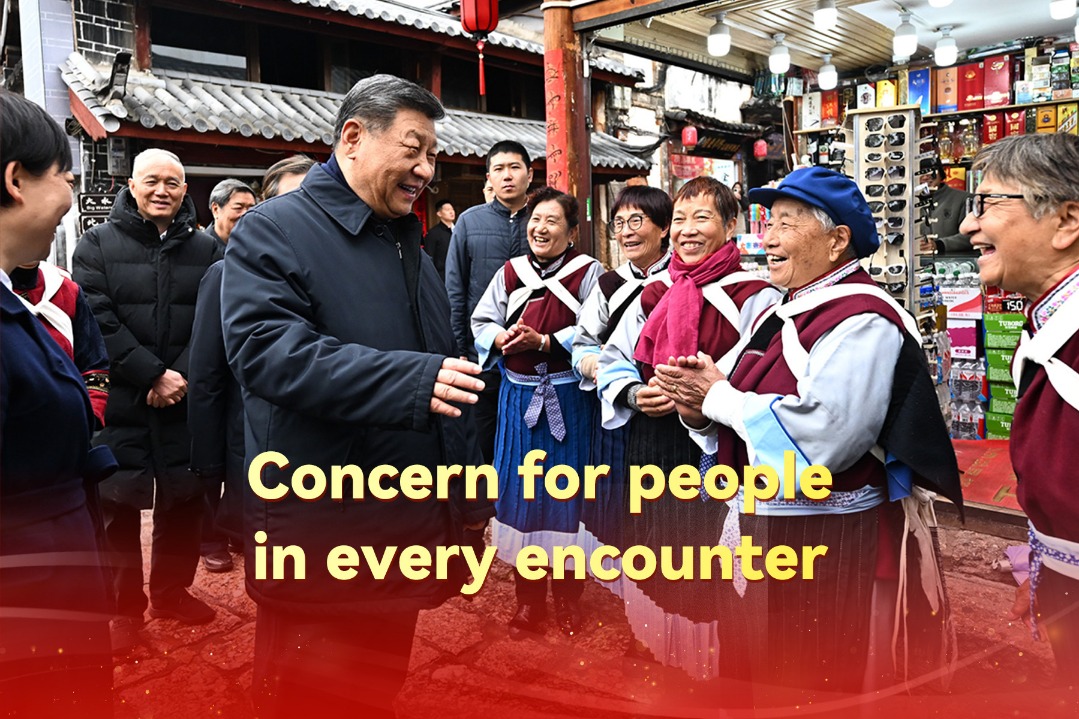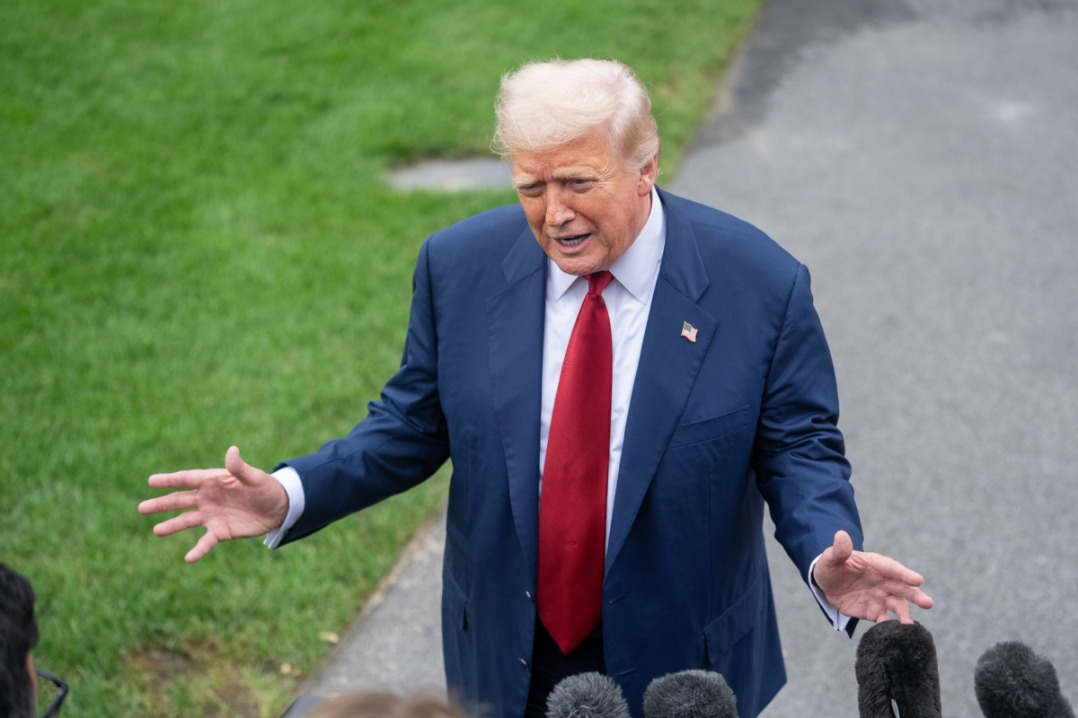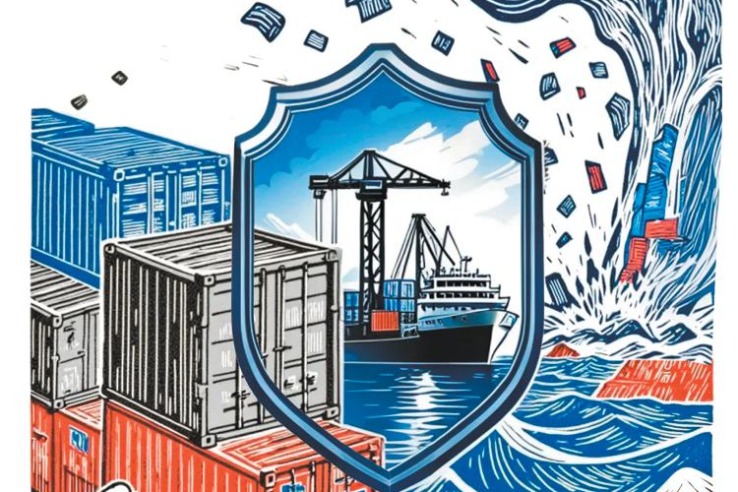China's Export Controls

3. Promoting International Cooperation and Coordination
In today's world, countries are increasingly part of a community of shared future. The more significant the global challenges we face, the greater the need for cooperative responses. China believes in addressing differences and disputes through international coordination and cooperation and multilateral mechanisms, so that all countries can become partners who trust and work with one another on an equal footing. As reform of the global governance system has reached a historic turning point, China advocates increased representation for emerging markets and developing countries in international coordination on export controls, to promote equal rights, opportunities and rules for all in international cooperation. This will reflect the wishes and interests of the majority in a more balanced manner, and help to build an international environment of peace and stability, equality and mutual trust, and win-win cooperation.
4. Opposing the Abuse of Export Control Measures
No country or region should abuse export control measures, gratuitously impose discriminatory restrictions, apply double standards to matters related to nonproliferation, or abuse multilateral mechanisms related to export controls for the purposes of discrimination and exclusion. The Treaty on the Non-Proliferation of Nuclear Weapons (NPT), the Convention on the Prohibition of the Development, Production and Stockpiling of Bacteriological (Biological) and Toxin Weapons and on Their Destruction (BWC), the Convention on the Prohibition of the Development, Production, Stockpiling and Use of Chemical Weapons and on Their Destruction (CWC) and a host of resolutions of the UN General Assembly and Security Council all provide for the right of countries to fully enjoy peaceful use of controlled items and technological achievements free from discrimination. China believes that export controls should be fair, reasonable, and non-discriminatory. They should not undermine the legitimate right of other countries to the peaceful use of controlled items, obstruct the peaceful use of outcomes of scientific and technological advances designed to promote development, interfere with normal international science and technology exchanges and economic and trade cooperation, or obstruct the secure and smooth operation of global industrial and supply chains. With deeper globalization and more new technologies emerging, China calls upon all countries to promote inclusive sharing of the benefits of scientific and technological development, to increase human wellbeing, to effectively manage risks and threats related to export controls, and to create a secure environment for economic and social development.
II. Ongoing Improvements to the Legal and Regulatory System for Export Controls
Committed to the basic principle of pursuing law-based governance in all respects, China continues to improve its legal and regulatory system for export controls. To provide law-based and institutional export control guarantees, it bases its efforts on its national conditions and draws upon helpful experience from overseas.
1. Establishing and Improving a Legal System for Export Controls
Since the beginning of reform and opening up in 1978, profound changes in the internal and external environment have impacted economic development in China. There have been continuous improvements in China's socialist market economic system, and its law-based export control work has improved steadily. Since the 1990s, China has promulgated six administrative regulations: Regulations of the People's Republic of China on the Administration of the Controlled Chemicals, Regulations of the People's Republic of China on the Control of Nuclear Export, Regulations of the People's Republic of China on Administration of Arms Export, Regulations of the People's Republic of China on the Control of Nuclear Dual-use Items and Related Technologies Export, Regulations of the People's Republic of China on Export Control of Missiles and Missile-related Items and Technologies, and Regulations of the People's Republic of China on Export Control of Dual-use Biological Agents and Related Equipment and Technologies. The Ministry of Commerce, the Ministry of Industry and Information Technology, the General Administration of Customs, the State Administration of Science, Technology and Industry for National Defense, China Atomic Energy Authority, the Equipment Development Department of the Central Military Commission (CMC), and other related departments have introduced a number of departmental rules and normative documents setting detailed provisions on matters related to export controls, including specific stipulations on particular items, license regulation and enforcement supervision, and documents on implementing relevant UN Security Council resolutions.
In October 2020, China promulgated the Export Control Law, which includes clear provisions on systems, measures, and international cooperation on export controls. It also sets a basic institutional framework, and unified rules for export control policies, a control list, temporary controls, a restricted name list, and supervision. The Law was formulated in the light of changing circumstances, drawing on China's own experience in export controls and taking into account standard international practices. It raises China's export control legislation to a higher level, makes comprehensive arrangements for China's export control system, and provides a full coverage of controlled items, legal subjects and other aspects of export control. To make sure that the Export Control Law is effectively implemented, China's authorities have introduced, revised, and rescinded supporting administrative regulations and departmental rules. In addition to the Export Control Law, China's Foreign Trade Law, National Security Law, Data Security Law, Nuclear Safety Law, Customs Law, Administrative Licensing Law, Administrative Punishment Law and Criminal Law also provide a strong legal base for the enforcement of export control measures. China now has in place a well-organized basic legal system on export controls with well-coordinated laws, administrative regulations and departmental rules and a balanced structure, which provides a solid legal foundation for developing a modern export control system with Chinese characteristics.


































